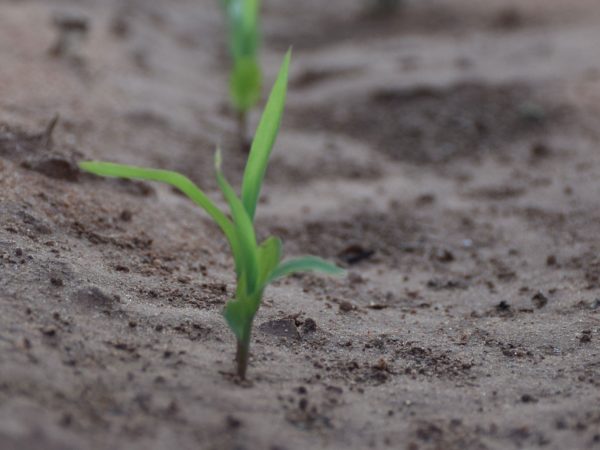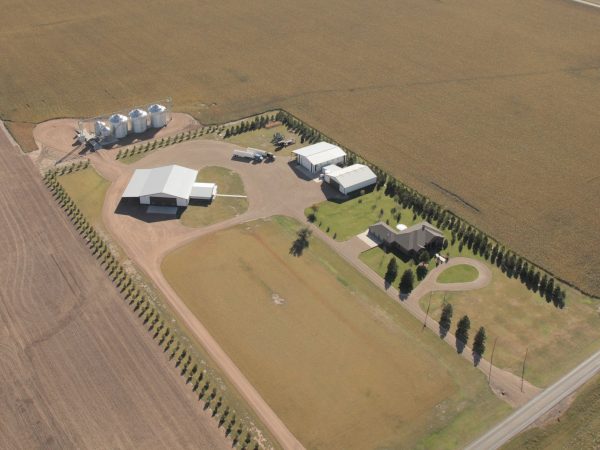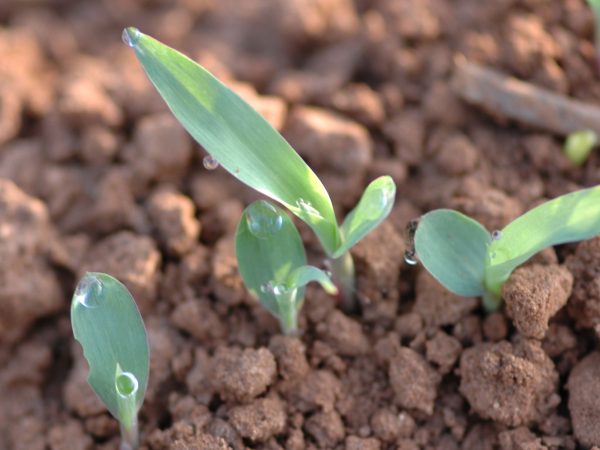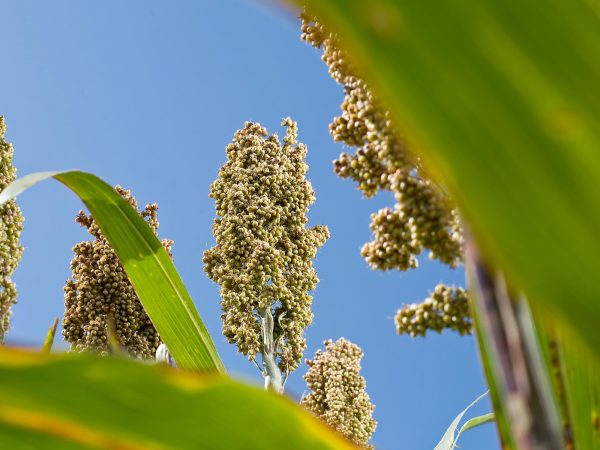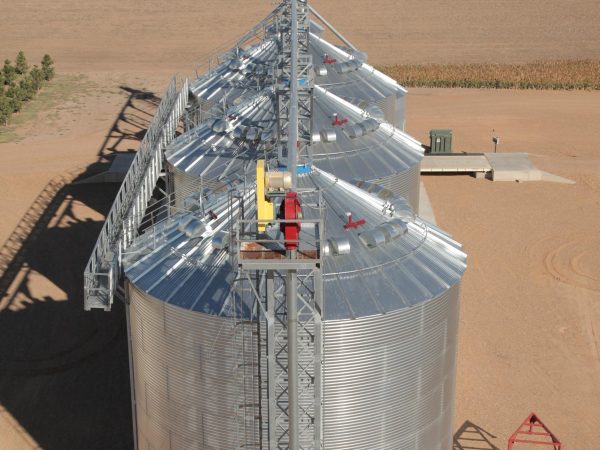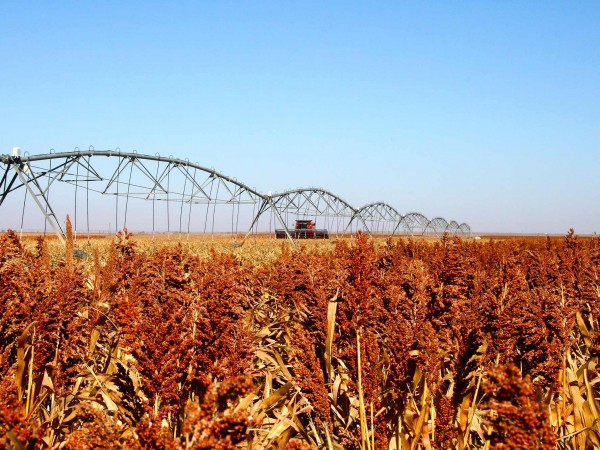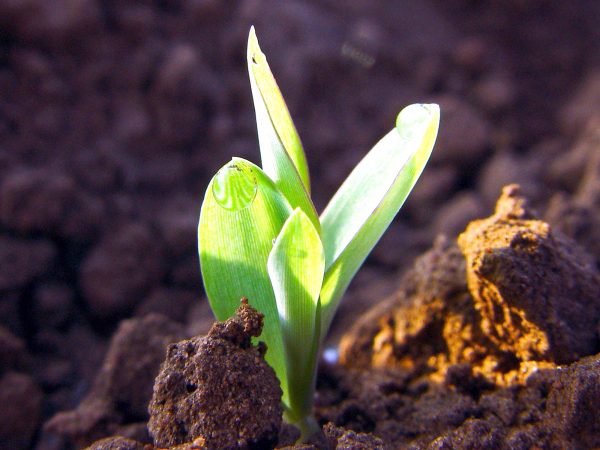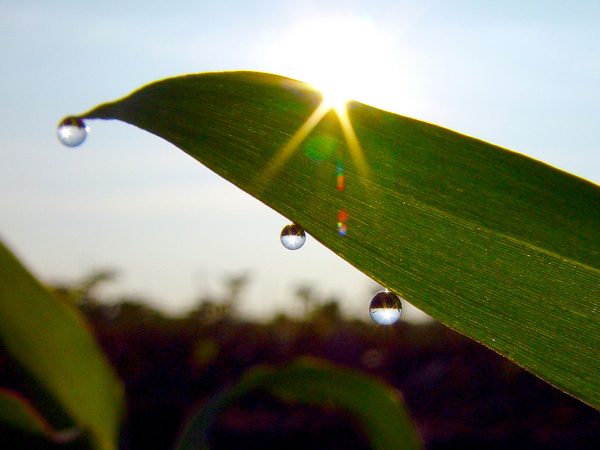
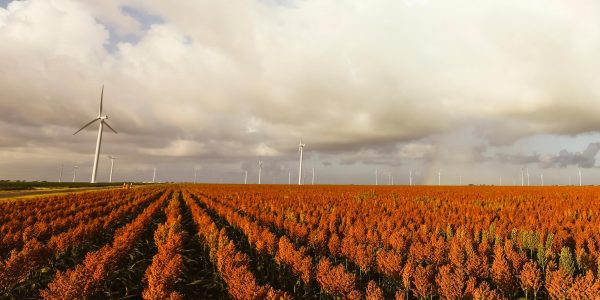
Grain Production
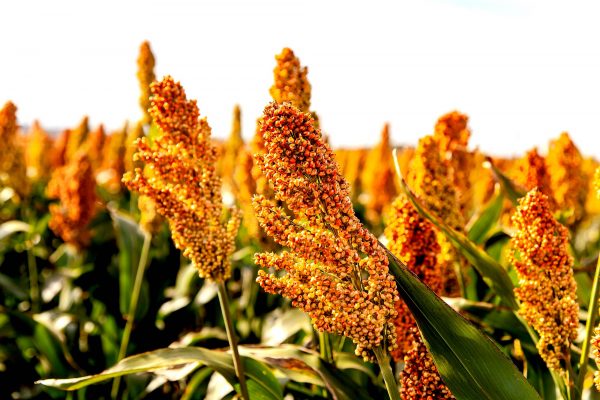
Grain Sorghum Production
Sorghum has tremendous potential to return a profit to your farm, and the work of the Sorghum Checkoff will only improve that potential over time. As you manage your sorghum, keep these tips in mind:
- Make sure you are using the hybrid that works in your area and planting to get the right plants per acre in your field.
- Use an integrated weed management strategy.
- Most importantly, provide the crop with adequate fertilizer.
Learn more about grain production through these additional resources and production guides.
Production Guides
Proper management practices proven in test plots and fields can help farmers achieve higher yields and create an environment for the potential of more net profit per acre. The Sorghum Checkoff has compiled this information into easy reference production guides by the growing region. Kansas State University also compiled a sorghum management guide available here.


Nebraska And South Dakota Production Guide

West Texas Production Guide

South And Central Texas Production Guide

Mid-Atlantic Production Guide

High Plains Production Guide

Mid-South Production Guide
Getting To Know Sorghum
Growth & Development
Recognizing the key developmental stages of sorghum can aid in making critical management decisions for your farm.
Learn MoreCropping Systems
Grain sorghum requires a specific environment to provide good seed-soil contact for rapid germination. Farmers can use a number of different tillage and planting systems to achieve these conditions.
Learn MorePlanting & Soil Management
Row spacing, planting dates, soil fertility and irrigation are all important factors for growing sorghum.
Learn MoreHybrid Selection
University and company data is available to assist in your decision of the hybrid that best fits your operation.
Learn MoreHarvest & Storage
A lot of factors go into getting the most out of your grain sorghum crop during and after harvest, but the rewards are worth it.
Learn MoreWater & Irrigation
Sorghum is a water smart crop that only requires six inches of total moisture from soil, rainfall or irrigation to produce the first bushel.
Learn MoreSoil Fertility
Soil fertility is crucial to growing a successful sorghum crop. This includes managing nutrients and understanding soil types, organic content and pH.
Learn MoreSustainability
Sorghum is a water smart and climate resilient crop with many sustainable attributes.
Learn More

